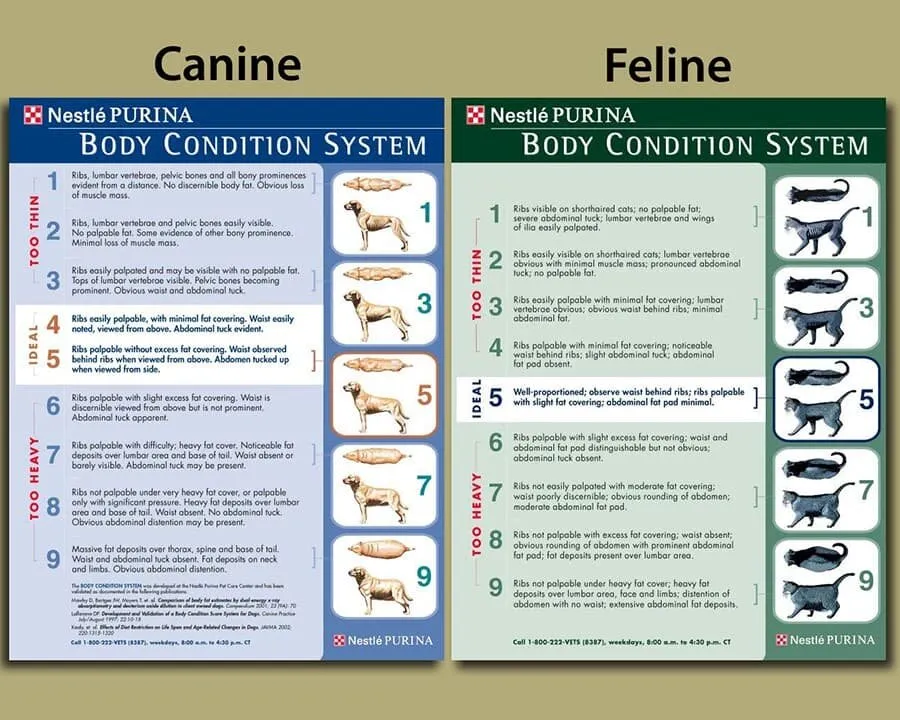It’s National Pet Week!
May 17, 2018
The American Veterinary Medical Association has declared May 6th-12th National Pet Week (but, really, we think of every week is pet week)! They’ve listed seven steps towards a happier, healthier pet:
1. Choose well, commit for life.
Adding a pet to the family should be a step that is taken seriously and with plenty of thought ahead of time. Not every dog or cat (or fish or turtle, for that matter) may be the right fit, and at the right time, so it’s important to consider what you’re looking for ahead of time.
2. Socialize now. New doesn’t have to be scary.
Inadequate socialization as a puppy or kitten can lead to behavioral issues later in life. We highly recommend following the Puppie’s Rule of 12(goes to new website) for things, people, and experiences to expose your puppy to prior to 12 weeks of age; (and, even if your dog is over 12 weeks of age, it’s never too late to start). Dogs aren’t the only ones that benefit from socialization – early exposure of a variety of people, animals, and experiences can be very beneficial for kittens as well – we especially love the idea of Dr. Sophia Yin’s “Kitten Kindergarten”(goes to new website)
3. Nutrition and exercise matter.
Obesity is the number one health issue among our patient population, both dogs and cats. Calorie control and exercise are both key in controlling weight. We really like the Purina Body Condition Scoring chart to more objectively judge BCS(goes to new website):

4. Love your pet? See your vet!
Because animals are very adept at hiding signs of illness until it is more advanced, it is important to check in with a veterinarian at least annually (and many veterinarians recommend biannual exams in senior pets). Additionally, often times when we see our pets every day it can be a bit more difficult to pick up on changes in their behavior, attitude, appetite, and habits. (Dr. Gloor found this out personally this week when she brought her previously 150 pound dog into the office and discovered he’s now 170 pounds!!)
5. Pet population control: Know your role.
We’re very fortunate in our area to have exceptionally responsible pet owners. However, in many areas of the country, thousands of dogs are homeless or even euthanized due to pet overpopulation. Spaying/neutering your pet, and/or taking appropriate precautions with an unsterilized pet (no off-leash activities, only supervised play with other pets) are very important in helping to control pet over-population.
6. Emergencies happen. Be prepared.
Hundreds if not thousands of dogs have been separated from their families in recent years during natural disasters in various parts of the country. It’s important to be prepared in the event of an emergency in order to maximize the chances of you and your pet reuniting in the event of separation during such an event. Here’s a link(goes to new website) to an article we wrote previously about disaster preparedness.
7. Give them a lifetime of love.
This should be self-explanatory as pets bring so much joy and enrichment into our lives that it’s not usually difficult to return the favor. However, as they age, it’s not uncommon that our pets may develop some age-related conditions that can try our patience (fecal or urinary incontinence, dementia leading to increased vocalization and anxiety, arthritis-related pain that can make it more difficult to get around, to name just a few). While these often cannot be cured, there often are ways to manage them. If your pet is experiencing any “age-related” issues we recommend talking to their veterinarian to see if there are measure that may be taken to improve quality of life (both your pet and yours!).
Additional Resources:
What’s my pet’s age in human years? https://ebusiness.avma.org/files/productdownloads/petsagefaster.pdf (goes to new website)
Related Posts

DVM Blog Post - Osteoarthritis AKA Degenerative Joint Disease
CAC Staff | September 12, 2024
Osteoarthritis, also known as degenerative joint disease, is a condition which will affect most dogs in their lifetime. As dogs age the incidence of arthritis increases and other confounding...


